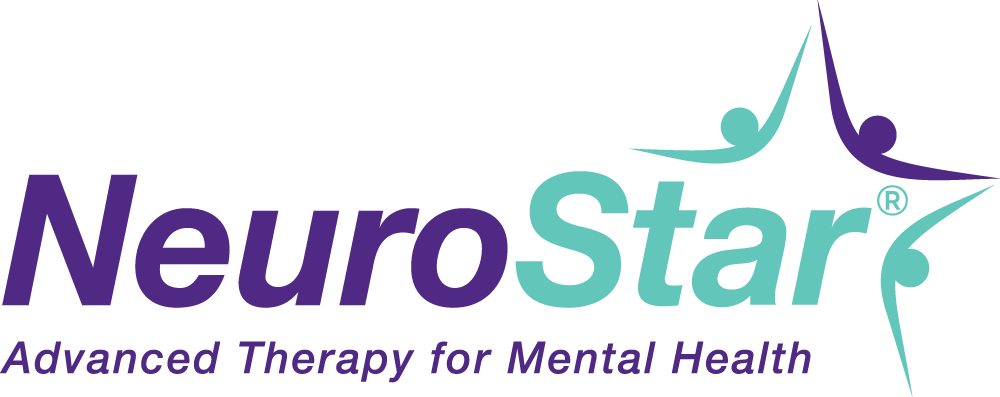How NeuroStar TMS Therapy in Columbia Works


Mapping Your NeuroStar TMS Treatment Area
During the first NeuroStar TMS appointment, we establish the lowest intensity that activates neurons safely. That threshold sets a personalized baseline for stimulation intensity and protects against overtreatment. We then use anatomical measurements to position the coil over the left dorsolateral prefrontal cortex, the brain region most associated with mood regulation. The mapping session lasts about ten to fifteen minutes. By individualizing the parameters, we maximize clinical response while minimizing your scalp discomfort.
Your TSM Treatment Course: Your Daily Pulse Sessions
A typical NeuroStar TMS therapy course involves thirty-six individual treatments, five days a week, each lasting under about 19 minutes from start to finish. You remain fully awake, and many clients chose to read, listen to music, or practice breathing exercises during the procedure to stay relaxed. Our technicians monitor the coil position and your comfort in real time, adjusting cushions or angle as needed. As the weeks progress, your neural circuits strengthen, and your mood often lifts gradually. Progress scales provide tangible evidence of improvement and motivate you to complete the full series. Because there is no sedation, you can drive yourself home or return directly to work or class.

Adjunctive Support and Monitoring
Although NeuroStar TMS Therapy works independently of medication, our Columbia team tracks your sleep, nutrition, and stress habits that can influence your outcomes meaningfully. Weekly check-ins with our psychiatrist aim to review your symptom scores and, if applicable, adjust any existing prescriptions. Combining lifestyle coaching with TMS creates a synergistic effect that supports your long-term resilience. Comprehensive monitoring ensures no element of recovery is overlooked, and electronic records keep every provider up to date. This 360-degree model means you never feel like you are managing your mental health alone.
Comparing NeuroStar TMS to Other TMS Systems
NeuroStar is one of several FDA-cleared TMS devices, but its proprietary figure-eight coil produces a highly focused magnetic field that many studies link to consistent antidepressant outcomes. Unlike some older systems, NeuroStar’s painless, surface-cool coil design reduces scalp irritation during prolonged use. Treatment software logs every pulse, enabling precise data review and seamless export to electronic health records.
The device also features adaptive diagnostics that alert technicians to minor positioning drift, maintaining accuracy without repeated manual measurements. Peer-reviewed trials show comparable or superior remission rates versus other brands, especially in patients with treatment-resistant depression. Because NeuroStar is widely adopted, most major insurers — including several Maryland carriers — have established coverage policies, simplifying the pre-authorization. Choosing NeuroStar TMS Therapy means you gain both technological advantages and an established reimbursement pathway.
Call Us in Columbia Today to Learn How NeuroStar TMS Therapy Will Work
Ready to experience technology-driven relief? Call our Columbia office now, and learn how NeuroStar TMS Therapy works and how it can help you reclaim energy, focus, and joy without lengthy downtime. Every visit is guided by licensed professionals committed to your comfort and progress. No matter who you are or the severity of your mental health condition, we tailor protocols to your unique needs. Reach out today and take the first confident step toward a brighter, healthier future.

TMS Patient Journey at Bloom
New to TMS? You are not alone.
Find out more about the journey to a life without depression through TMS Therapy at Bloom.
TMS Offered At:
Virginia
801 N Quincy St, #601
Arlington, VA 22203
158 Front Royal Pike, #206
Winchester VA 22602
Bloom Tips and Tools
Bloom Services:
Learn more about our comprehensive range of mental health services and schedule an appointment today!
Bloom Blog:
Helpful insights and information for your mental health journey.
Bloom In The News:
Press releases, announcements, and mentions in other media sources.
have questions?
We’re here to answer them. Request an appointment through our online form.
NeuroStar Indication Statement
Adult Indications for Use
The NeuroStar Advanced Therapy System is indicated for the treatment of depressive episodes and for decreasing anxiety symptoms for those who may exhibit comorbid anxiety symptoms in adult patients suffering from Major Depressive Disorder (MDD) and who failed to achieve satisfactory improvement from previous antidepressant medication treatment in the current episode.
The NeuroStar Advanced Therapy System is intended to be used as an adjunct for the treatment of adult patients suffering from Obsessive Compulsive Disorder (OCD).
Adolescent Indications for Use
NeuroStar Advanced Therapy is indicated as an adjunct for the treatment of Major Depressive Disorder (MDD) in adolescent patients (15-21).
Important Safety Information
NeuroStar Advanced Therapy is only available by prescription. A doctor can help decide if NeuroStar Advanced Therapy is right for you. Patients’ results may vary.
The most common side effect is pain or discomfort at or near the treatment site. These events are transient; they occur during the TMS treatment course and do not occur for most patients after the first week of treatment. There is a rare risk of seizure associated with the use of TMS therapy (<0.1% per patient).
Visit neurostar.com for full safety and prescribing information.
